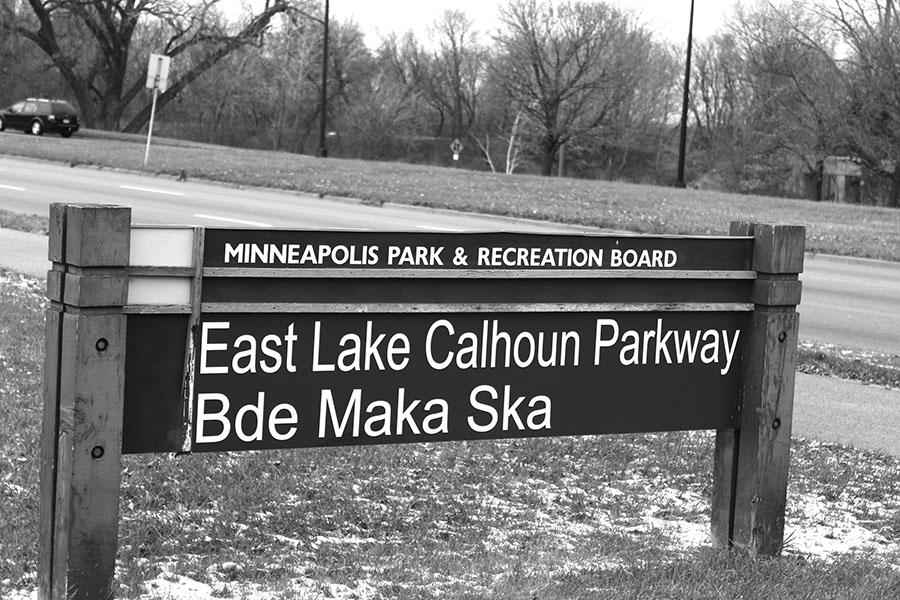Lake Calhoun name change causes controversy
December 21, 2015
Over this year, I have observed many officials in Minneapolis discussing an upcoming name change for Lake Calhoun, closely following Obama’s name change of Mount McKinley. To me, Lake Calhoun has always been my go-to lake for biking, jogging, and occasional beach volleyball; the name never incurred strong sentiment in me, or aroused historical or political controversy to anyone I knew. I knew John C. Calhoun as a political theorist who simply advocated states rights, and the concept of a concurrent majority, and served as our nation’s Vice President, and Secretary of State. I understood that he played no small role in sustaining one of the greatest evils in our nation’s history––slavery––yet I never saw this as a defining trait for Calhoun, as he lived in an era where slavery was commonplace in approximately half of the nation.
The basis for the argument to change the name of Lake Calhoun to “Bde Maka Ska,” the traditional Dakota name for the lake, is that John C. Calhoun was a proponent of slavery and racist attitudes, and so he should not be commemorated through names of public places.

Lake Calhoun adds name Bde Maka Ska because of discussion surrounding John C. Calhoun.
But the US has always viewed slavery as one of our nation’s greatest wrongs since the end of the Civil War, so why are the Minneapolis Park Commissioners taking action to rename Lake Calhoun now, in 2015, 152 years after the issuing of the Emancipation Proclamation?
There have been earlier attempts to change the name, notably in 2011; however, the Minneapolis Park and Recreation Board concluded they could not legally change the name. The Charleston Church shooting in June this year, caused by a racially-motivated assailant, has potentially fueled renewed efforts to have the name changed, which concluded in the board opting for dual name signs in September: using both “Calhoun,” and “Bde Maka Ska.” Many activists are however, pushing to banish the name Lake Calhoun entirely.
I believe that targeting John C. Calhoun is misdirected, unfair in a few ways, and hinting to our nation’s hypocrisy in regards to slavery.
For one, more of our founding fathers owned slaves and openly supported slavery than didn’t: George Washington, James Madison, and John Jay, to name a few. If we are stripping John C. Calhoun from our nation’s positive memory, then it would only be fair to do the same to every other historical figure who owned slaves, but, of course, this would leave us with a gaping blank space in our nation’s history dating from the early 17th century until the mid-19th century.
The other argument critics of John C. Calhoun use to justify the name change is that he was a prominent white supremacist in his time. This is also unfair, as the belief of white supremacy during Calhoun’s time was no less rampant than slavery. Even Abraham Lincoln, the man our nation credited with issuing out the end of slavery in the US, has stated he was in sync with white supremacist beliefs of the time.
The belief that the US is now absolutely free from the cruel hand of slavery is naïve at best. Much of the production of our consumer goods is outsourced to countries all around the globe; many of these sights are infamous for putting workers under harsh conditions.
Anger over racially motivated violence in our nation is entirely understandable, yet throwing Calhoun, one of our nation’s greatest political theorists, under the bus is ridiculous. Stripping his name off one of the best recreational lakes in Minneapolis is disrespecting his extremely important additions to this country, such as establishing Fort Snelling––one of the earliest settlements in our entire state––and overseeing land surveys of the midwest.
